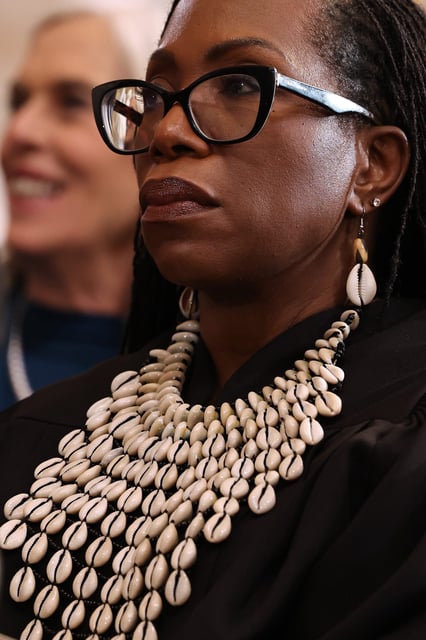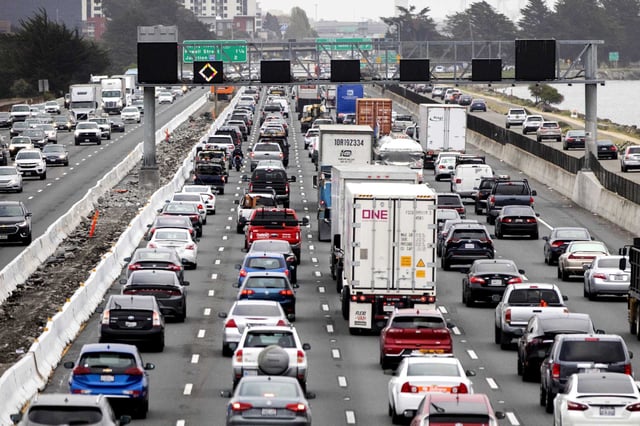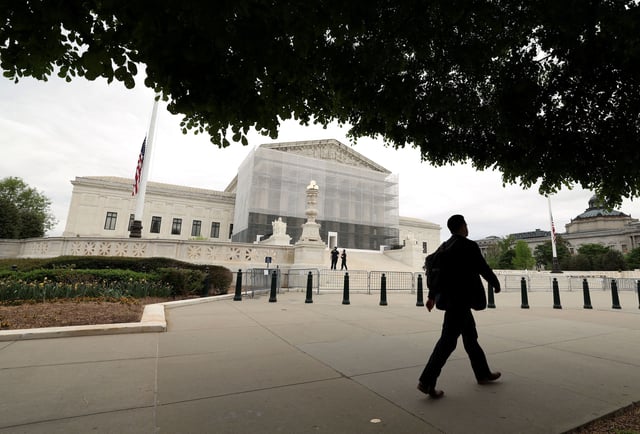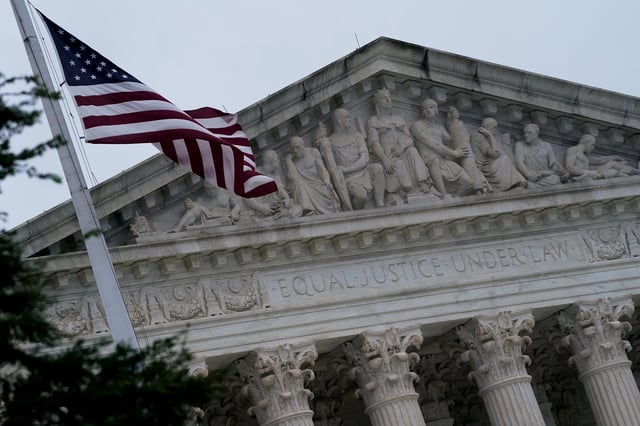Overview
- The court’s 7-2 majority, led by Justice Brett Kavanaugh, held that fuel producers have Article III standing to challenge the EPA’s approval of California’s vehicle emissions waiver.
- The decision revives a lawsuit by Valero’s Diamond Alternative Energy and industry groups over the EPA’s 2022 reinstatement of California’s stricter tailpipe and zero-emission vehicle standards.
- The case returns to a lower court; President Trump’s repeal of California’s electric vehicle mandate could render the challenge moot.
- Justice Ketanji Brown Jackson warned in dissent that easing standing requirements for industry may reinforce perceptions of judicial favoritism toward corporate interests.
- California’s Clean Air Act waiver has enabled 17 other states to adopt its tougher vehicle rules, a central pillar of regional climate strategies now facing fresh legal attacks.



